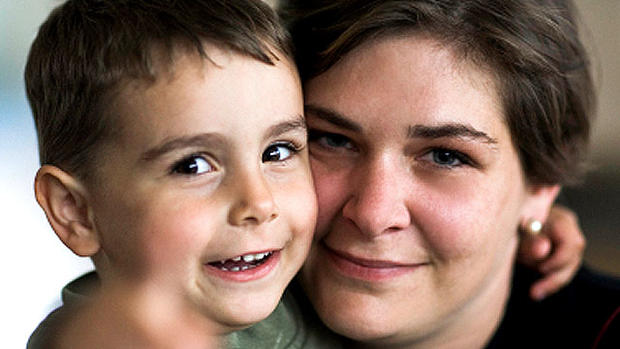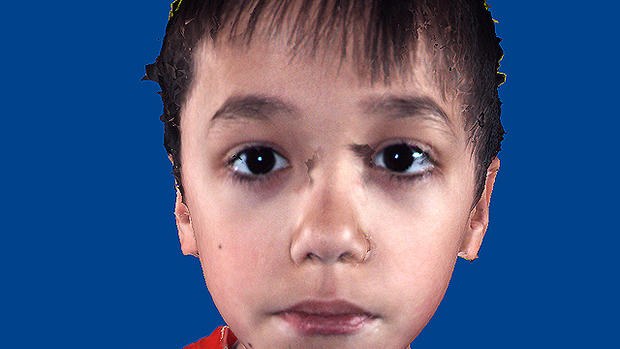Folic acid supplements may lower chance child has autism
Not much is known about what causes autism spectrum disorders (ASD). Now, one Norwegian study suggests that women who take folic acid supplements may be less likely to have a child with the developmental disorder .
Autism and ASDs are pervasive developmental disorders marked by varying degrees of social impairment, communication problems and repetitive and stereotyped behaviors. Children may make little to no eye contact, react differently when they are in stressful situations or are angry, may not respond to verbal attempts to get their attention. In addition, those with the disorder may be fixated on a subject and have been known to be interested in numbers, symbols or science topics.
The Centers for Disease Control and Prevention estimates that one out of 88 U.S. children may have an ASD, and it is five times more common in boys than girls.
- Students with autism lean towards STEM majors
- Some children may lose autism diagnosis with age, gov't study finds
- Asperger's not likely to make people violent, experts emphasize
Folic acid or Vitamin B9 is used to create and repair DNA in the body. It can be found in leafy vegetables, peas, lentils, beans, eggs, yeast, and liver, and is often added to flour in the U.S. and Canada. Folic acid has been known to reduce rates of spina bifida and other neural tube defects in children. However, in Norway where the study took place, flour is not fortified with folic acid so the country's Directorate of Health recommends folic acid supplements for women who are planning go become pregnant, the study authors said.
Norwegian researchers looked at more than 85,000 children born between 2002 and 2008. In particular, they looked at mothers who used folic acid supplements from four weeks before they were pregnant to eight weeks after, which was the day after the last menstrual period even if it was before conception.
Overall, 270 children were diagnosed with an ASD, with 114 (0.13 percent) having an autistic disorder, 56 (0.07 percent) receiving a Asperger syndrome diagnosis and 100 (0.12 percent) having a non-specified pervasive developmental disorder (PDD-NOS).
Mothers who took the folic acid supplements had a 39 percent lower risk that their child had autism. While 0.21 percent of the children whose mothers did not take folic acid had autism, only 0.1 percent of the kids whose mothers took folic acid did. The moms who took folic acid tended to be college or university-level education, had a pre-pregnancy body mass index below 25 (meaning they were not overweight or obese), were first-time mothers and planned their pregnancy.
No association was found with taking the folic supplements and lower or raising the rates of Asperger's or PDD-NOS, nor was there any measured effect when mothers started using folic acid mid-pregnancy.The researchers also looked at the use of prenatal fish oil supplements, but found no association between them and autism disorder rates.
"Our findings extend earlier work on the significance of folate in brain development and raise the possibility of an important and inexpensive public health intervention for reducing the burden of autism spectrum disorders," joint senior author Dr. Ezra Susser, professor of epidemiology at Columbia University's Mailman School of Public Health and professor of psychiatry at the College of Physicians and Surgeons, said in a press release.
The study was published online Feb. 12 in JAMA.


